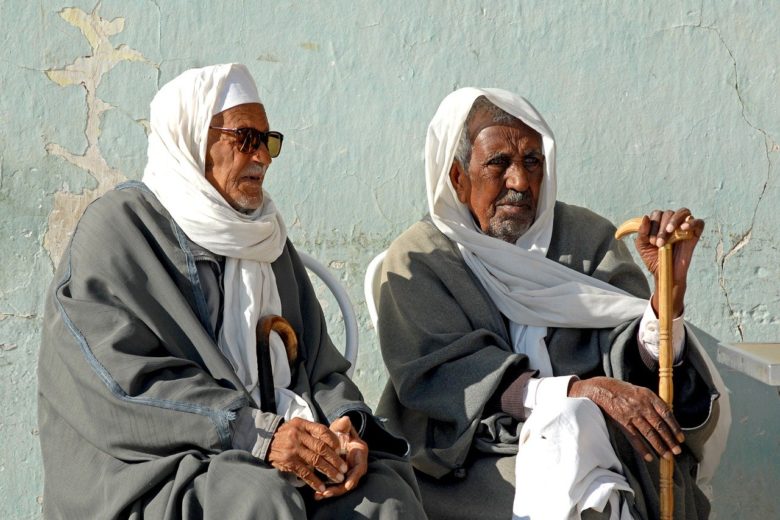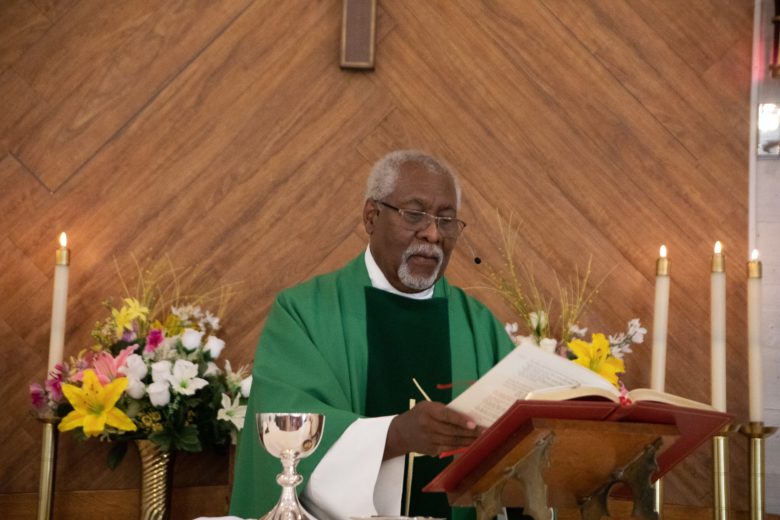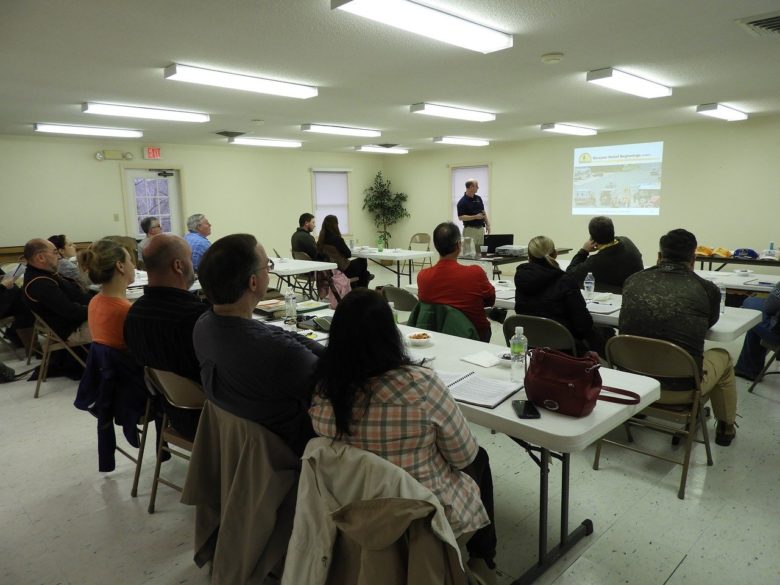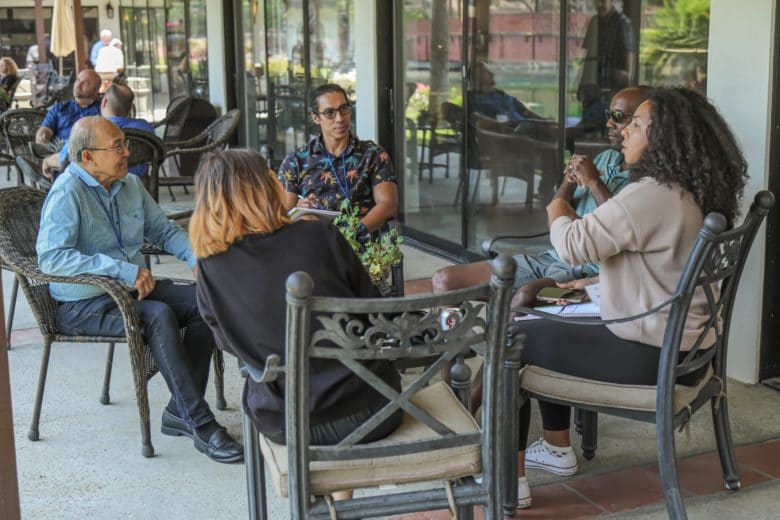“There is a well-respected man who has come to Christ. He used to be an imam. The whole community honors him and his testimony is solid. But he has two wives. Can he serve as an elder?” A church planter asked me this on a coaching call. Not a simple question to answer. This man …
Month: June 2022
Whatever will be will be, the saying goes. That’s not the Gospel. Nor is it the heart of God. Jesus described His purpose on earth by saying “The Son of Man came to seek and save the lost” (Luke 19:10). A sense of urgency about lostness is one of the most common characteristics found in …
If knowledge puffs up (1 Cor. 8:1), why read books? Reading is not as important as applying what you read. Practicing what you know has a far greater value than gaining more and more knowledge. Having said this, good leaders continually learn and grow. Books help us do that. Visionary leaders read. No doubt about …
“Pastor Cindy”…ahh! That had a nice ring to it! Being called pastor somehow set me apart. I was special. When my husband and I first started pastoring, we were quite young…fresh out of Bible college. We served as youth ministers in a church that instructed us to call ourselves “Pastor Todd” and “Pastor Cindy.” Only …
The world celebrates strong leaders. Watching the news the other night, I heard a poll referenced. It was about two leaders. The poll asked, “Who is the stronger leader?” The show went on to discuss these two leaders; casting the one considered weaker in a negative light. Is strong, decisive leadership what is always needed? …
“Some people have all the fun,” my kids would say. “Why don’t we get to have fun too??” When we look at gifts in others, a similar question can creep into our hearts. “Why do they get all the spiritual gifts?” God gives His gifts generously. He told us to desire the gifts of His …
Let me take this opportunity to wish you a very Merry Christmas! As you celebrate with friends and family and reflect on the Savior’s birth, may your heart be filled with joy and wonder. The miracle of Christmas is good news worth sharing with the world!
Countless questions and controversies happen around the topic of Biblical eldership in churches. Denominations split over these issues and the divisions caused. Twitter and other social media recently blew up with angry posts about whether women could serve as elders. A prominent female Bible teacher I know of recently left her fellowship over this issue. …
Our passion is to empower lost people to become obedient disciples of Jesus. We want to help them start transformational Disciple Making Movements (DMMs). Disciple-makers who we work with to see movements do not need to be part of our own organization or denomination. In fact, for fruit to multiply rapidly, we need an open-handed …
“My job is to honestly preach the word, not to hold people accountable,” said the slightly defensive Christian leader to my friend. It is a common perception among us pastors. A hands-off approach lets us off the hook. We say things like; “I will do my part, God will do His.” Or “Everyone has free …








